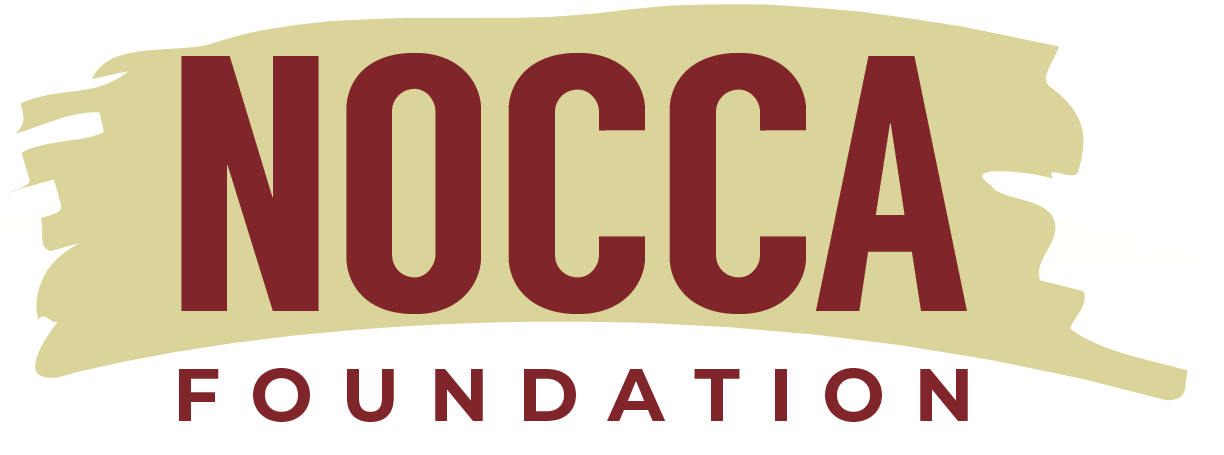In an age when young people face profound challenges to focusing and learning – as they multi-task among texting, gaming, e-mailing, homework and chatting on social media networks – students at the New Orleans Center for Creative Arts spend three hours every day concentrating on one purpose.
It is part of the arduous but necessary process to becoming proficient in their art. Yet the development of such attention and focus is one of the great skills they take from NOCCA.
Creative writing students will have this skill in spades. Each upper level student just wrote a novel – in thirty days.
“This is the first time we’d ever tried to do something like this. It actually goes against our normal emphasis on careful writing and revision, revision, revision,” explained Creative Writing Chair Anne Gisleson. “I think it was both terrifying and liberating for the students to just pour it out without looking back, ‘turning off the inner editor.’ It showed them they had the stamina and discipline to sustain a longer work. I’m very proud of them.”
“Writing 35,000 words was so much more daunting than I imagined,” said Camilla Cannon at the celebratory completion party. “It sucked away half my soul,” pronounced Annaliese Torcson more succinctly. “My computer just stopped highlighting misspellings after so many words,” laughed Sarah Allen.
Students learned a great deal, however, particularly about how they develop characters. “I gave my character a dialect for which I wasn’t fully versed. It limited me,” explained Sarah. But she realized, “after a while, my character developed his own voice, even if I wouldn’t speak that way or do as he did.” “There was a point when I was behind and my characters almost seemed to mock me. It gave me the courage to persevere,” revealed Annaliese.
“On a pre-professional level,” believes Gisleson, “the project taught students the useful pressure of a hard deadline and working consistently every day.” But it also gave students new insights and direction. “I definitely have more questions to ask authors that visit our class. And the process allowed me to get out everything that I now think would make a great short story,” said Allie Casala. “Being confronted with so much of my own writing made me a little more critical, simply because I had so much more to be critical of,” discovered Camilla.
While some struggled, others became engrossed. “I couldn’t leave it alone,” Sarah found. “I kept thinking about my story after I went to bed. I had to keep typing.” She may not have a string of thousands of texts, but she does have a 50,000 word novel to her name.

